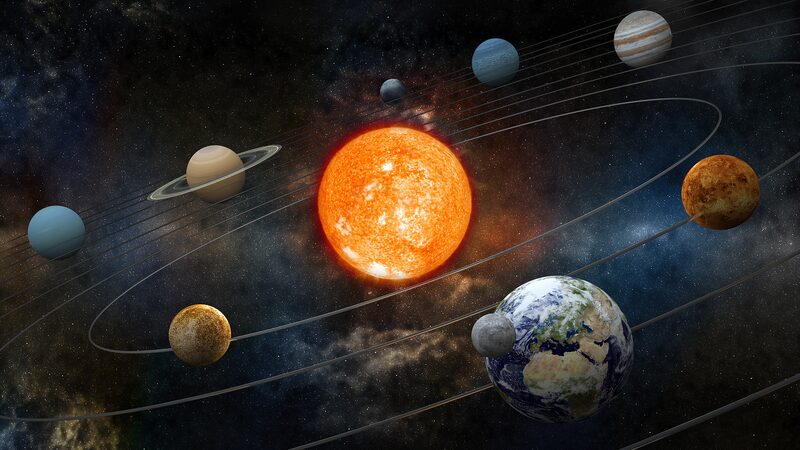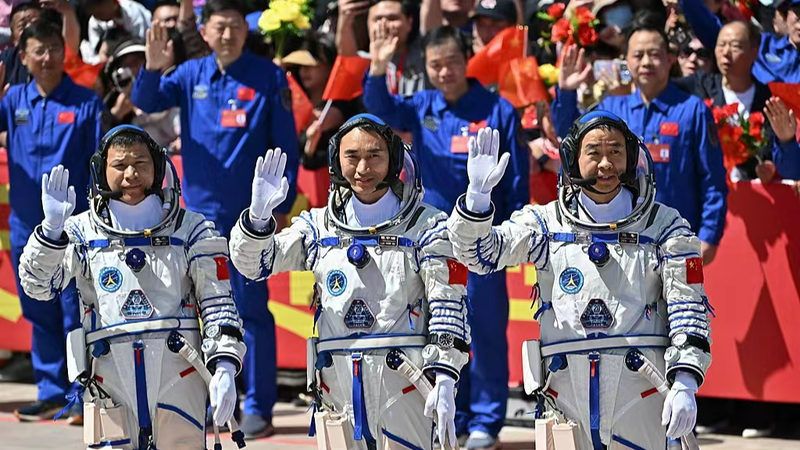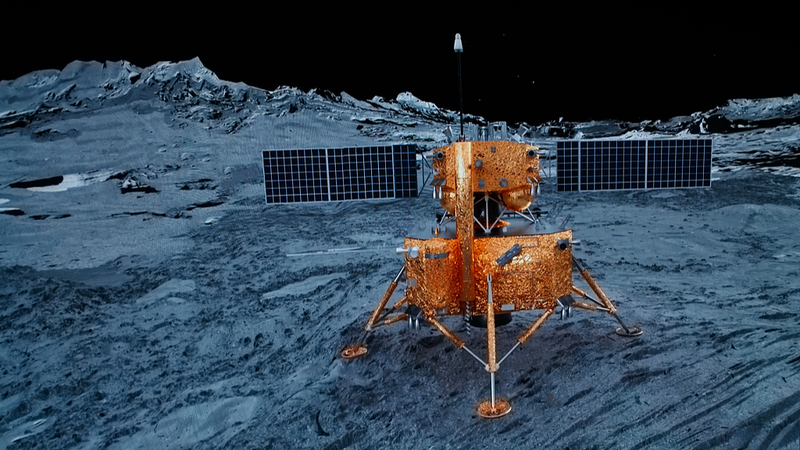Ever wondered why our days are 24 hours long and not shorter? ⏳ A team led by Chinese researchers, alongside scientists from France, Germany, and Ireland, just dropped some cosmic knowledge that's out of this world! 🌌
According to their recent study published in Proceedings of the National Academy of Sciences (PNAS), between 650 million and 280 million years ago, our Earth-Moon duo had a bit of a dance change. 💃🕺 The Earth-Moon distance increased by about 20,000 km, and guess what? Our days got longer by approximately 2.2 hours! That's right — ancient days were shorter than they are now. 🕐
So, what's causing Earth to hit the brakes? It's all about tidal dissipation. Think of it like Earth losing a tiny bit of its spin energy due to the gravitational pull of the Moon. 🌙 But until now, the rate of this slowdown was a big mystery. 🕵️♀️
By diving into eight geological datasets, the researchers pieced together Earth's rotational history from 650 million to 240 million years ago. They spotted a cool \"staircase\" pattern in Earth's rotational deceleration, with two periods where the slowdown was more pronounced: 650-500 million years ago and 350-280 million years ago. These were separated by a chill period where things kinda leveled out. 😎
Here's the kicker: These slowdown periods align with major events like the Cambrian explosion (when tons of new life forms appeared) and the largest mass extinction in Earth's history. Could the lengthening days have given life a boost? 🤔🌱
Professor Ma Chao from Chengdu University of Technology thinks this study is a game-changer. He believes understanding how Earth's rotation affects climate, environment, and even biological evolution can help us unlock more secrets about our planet's past. 🧬🌿
The team isn't stopping here! They're planning to explore how changes in Earth's rotation connect with other natural phenomena like the magnetic field, tides, and climate change. Talk about aiming for the stars! 🚀
So next time you check the time, remember — our days weren't always 24 hours long, and who knows, they might change again in the distant future! ⏰🌠
Reference(s):
China-led team reveals patterns in Earth's rotational deceleration
cgtn.com




